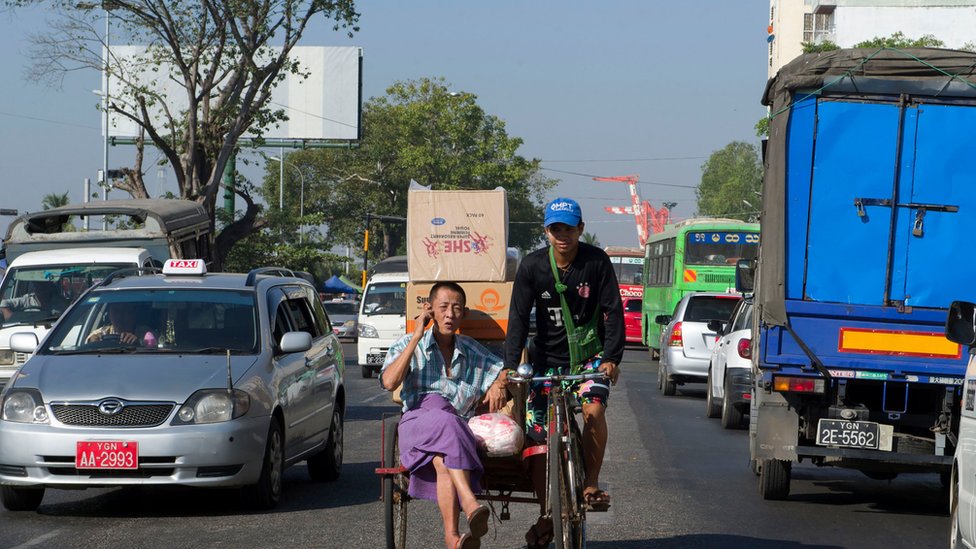Mawlamyine, 30 December
Myanmar’s economy will continue to deteriorate without growth during the coup, and the situation will remain unpredictable until 2025, reported the research group ISP Myanmar, citing the World Bank.
According to the World Bank, Myanmar’s economic situation is unlikely to improve in 2024, and production sectors, including agriculture, manufacturing, and trade, may continue to stagnate in 2025.
The report also said that the current situation will not return to the growth rate of the period before the seizure of power, and the only country that has not returned to normal is Myanmar.
Because of Operation 1027 of the Three Brotherhood Alliance, more than 90% of the China-Myanmar border trade, which is Myanmar’s primary economic portion, has come to a halt, and the Thai-Myanmar border trade is not able to flow much amid the fighting in Kawkayeik.
An economist told Than Lwin Times, “The cessation of border trade will result in a loss of revenue for the military council, and first of all, the people will suffer from high prices and shortages of goods.”
Currently, due to political instability, entrepreneurs are trying to operate existing businesses rather than start new ones in the region. If the raw materials are not flowing in the country, the business may stop, according to experts.

A businessman also stated that Myanmar’s economy, which has been in a state of crisis since the coup, will be unable to recover due to the country’s instability and multi-faceted problems.
On December 13, the London-based Economic Intelligence Unit (EIU) revealed that the value of the Myanmar currency had declined by more than 60% during the nearly three-year period of the military coup, accompanied by a dwindling economy.
The World Bank also warned that ongoing conflicts, rising freight costs, trade and foreign exchange regulations, and the effects of power outages will put further pressure on businesses’ costs.
Business indicators have worsened since mid-2023, with businesses operating at just 56 percent of their capacity in September, down 16 percent since March, the report said.
According to a survey by the International Food Policy Research Institute (IFPRI), 40 percent of Myanmar’s households have lower incomes than before and are increasingly uncertain about the future amid worsening economic conditions.
News – Than Lwin Times
Photo- CJ

